Carrying out a mechanical vehicle inspection allows us to ascertain the pre and post collision condition of a vehicle. This is essential in enabling us to identify whether the vehicle may have harboured any factors contributory to an incident, as well as determining if the driver would, or could, have had any awareness of those factors.
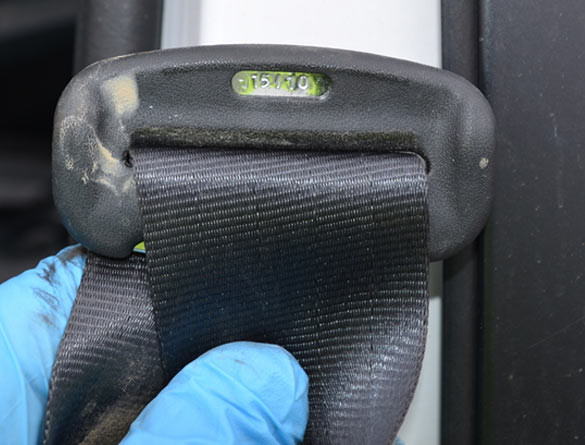
A detailed inspection can also identify evidence of driver actions that may have been contributory to a collision, such as application of the brakes, lights or accelerator.
Our team have experience of all vehicle types, including:
- On-road vehicles such as motorcycles, bicycles and cars
- Public service vehicles and goods vehicles of all sizes
- Vehicles involved in motorsport
- Plant/mechanical handling equipment
- Military, agricultural and emergency vehicles
The mechanical failure of a vehicle component can have dramatic consequences. A sudden loss of vehicle steering or braking due to a component failure, when combined with other factors, can lead to the vehicle being involved in a collision. Our experts are trained and experienced in examining vehicle components to determine whether there was a failure and, if so, whether that failure was due to general wear and tear or to lack of maintenance.
The evaluation of a vehicle’s lighting conditions at the time of an incident is an essential task in the investigation process and can be accomplished by the examination of the various vehicle bulbs or their remains. Through an optical assessment of a vehicle bulb our experts who have a thorough understanding of bulb design and the materials used in their composition are able to report on the function of the bulb and its likely behaviour at the time of impact.
“Combining a mechanical inspection with electronic data capture ensures that the best possible evidence is obtained from a vehicle”.
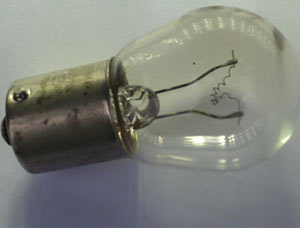
Bulb filament extension
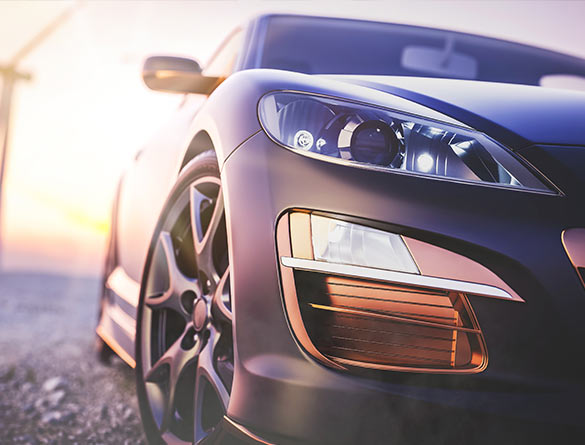
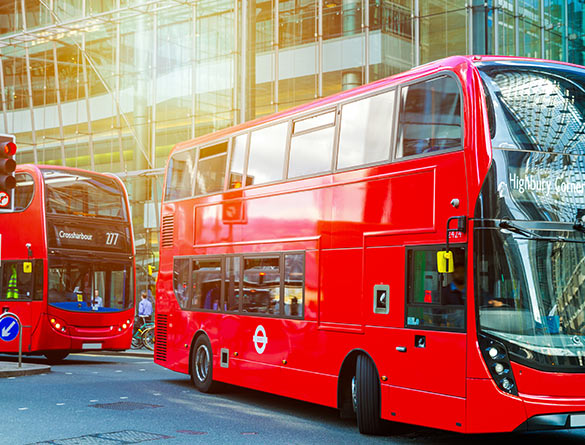
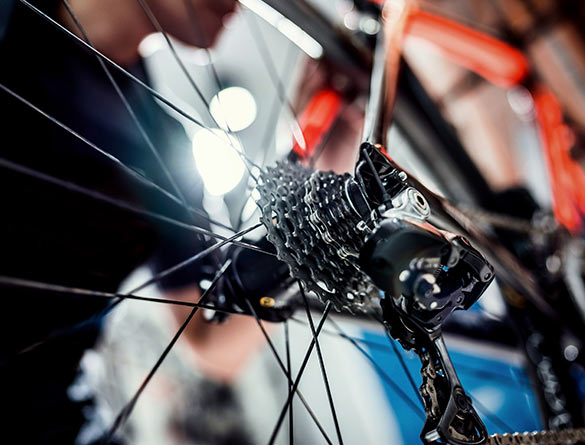
Example of vehicle types examined
